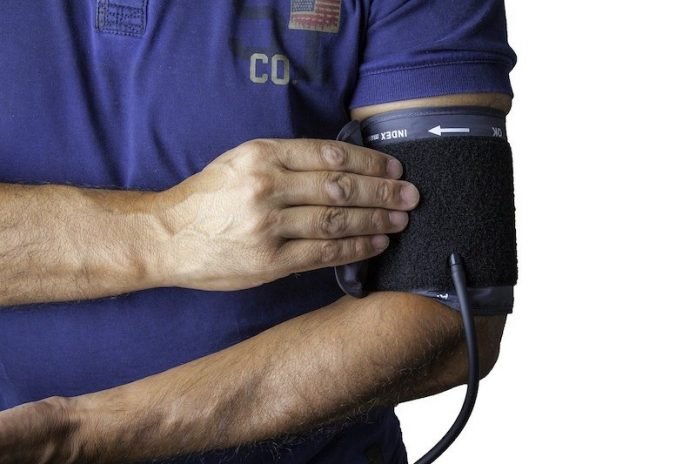
High blood pressure (hypertension) is a common condition in which the long-term force of the blood against your artery walls is high enough that it may eventually cause health problems, such as heart disease.
High blood pressure often has no symptoms. Over time, if untreated, it can cause health conditions, such as heart disease and stroke.
Kidney failure is a condition in which the kidneys lose the ability to remove waste and balance fluids.
If your kidneys stop working completely, your body fills with extra water and waste products. This condition is called uremia.
Your hands or feet may swell. You will feel tired and weak because your body needs clean blood to function properly.
High blood pressure can constrict and narrow the blood vessels, which eventually damages and weakens them throughout the body, including in the kidneys. The narrowing reduces blood flow.
If your kidneys’ blood vessels are damaged, they may no longer work properly. When this happens, the kidneys are not able to remove all wastes and extra fluid from your body.
Extra fluid in the blood vessels can raise your blood pressure even more, creating a dangerous cycle, and cause more damage leading to kidney failure.
Kidney failure due to high blood pressure is a cumulative process that can take years to develop. But you can limit your risk by managing your blood pressure.
This is not professional advice, please seek out a professional if you need help.
This video is created for educational purposes and awareness around different topics. Video may or may not be able to go fully in-depth in such a limited time.
If you care about blood pressure, please read studies that blood pressure swings could be an early sign of heart disease, and beetroot may protect against high blood pressure.
Source: ERmedium (Shared via CC-BY)



